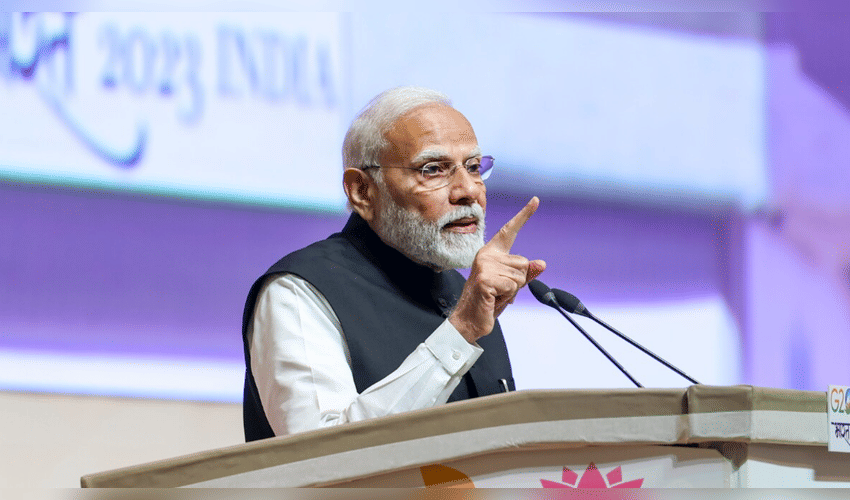News
Africa's Future of Self-Reliance: PM Modi's Vision at the G20 Summit

As the G20 Summit approaches with South Africa set to host this prestigious event, Prime Minister Narendra Modi has placed a spotlight on the theme of Africa’s self-reliant and sustainable growth. Advocating for “development without dependency,” Modi emphasizes a transformative vision of Africa charting its own path toward economic prosperity, free from conditional aid and exploitative relationships. This message resonates strongly in the context of Africa's rising global importance and the evolving landscape of international cooperation.
Modi’s perspective builds on the historic ties shared between India and African nations, which go beyond mere diplomatic gestures. Highlighting this deep-rooted connection, Modi recalled his 2018 address to the Ugandan Parliament, where he introduced the “Ten Guiding Principles for India–Africa Engagement.” These principles champion mutual respect, trust, and prioritization of Africa’s own goals, reinforcing the idea that partnerships should be equitable and built on shared interests rather than dependency.
Under Modi’s leadership, India’s partnership with Africa has matured into a robust and pragmatic relationship. Bilateral trade is nearing USD 100 billion, with investments around USD 75 billion, alongside a vast Indian diaspora in Africa. This evolving engagement underscores a shift from aid-centric models to sustainable cooperation, where both regions can thrive through technology exchange, infrastructural development, and human capacity building.
Modi’s vision also underscores the urgency of reconfiguring the global order. He warns against remnants of colonial exploitation that continue to manifest in modern institutions influencing global governance. The Prime Minister’s advocacy for the African Union’s permanent membership in the G20—successfully secured under India’s 2023 G20 Presidency—is a landmark achievement validating Africa’s rightful place at decision-making tables, thus promoting a balanced and inclusive global economic architecture.
South African President Cyril Ramaphosa echoed Modi’s call during the G20 Foreign Ministers’ Meeting at the UN, highlighting the alarming lag in meeting Sustainable Development Goals across Africa. He stressed the need for reforms that prioritize debt sustainability, affordable capital, and inclusive policy-making to empower developing economies. Ramaphosa emphasized that global economic resilience must translate into practical support for low-income nations, through equitable international financial reforms.
This India-Africa partnership exemplifies a modern, equal-footing cooperation model that many developing regions aspire to. Rather than repeating dependency patterns of the past, this alliance promotes self-determined growth, shared prosperity, and enhanced voice for the Global South in global affairs. As the G20 Summit convenes in Cape Town, this evolving partnership between India and Africa stands as a beacon for inclusive, balanced development and an optimistic signal for Africa’s future on the world stage.



